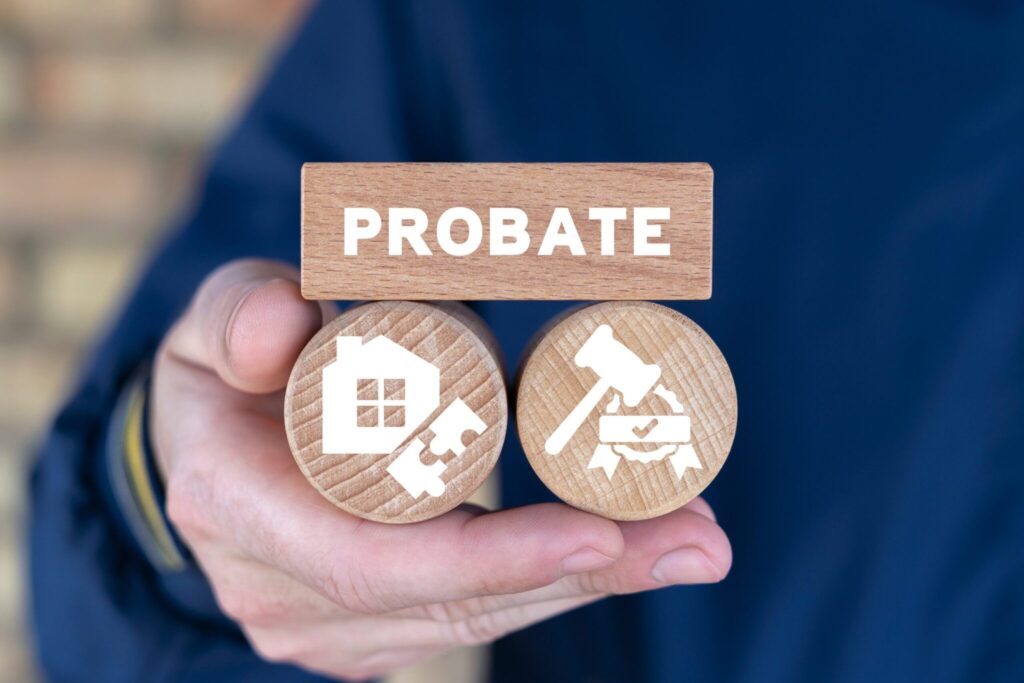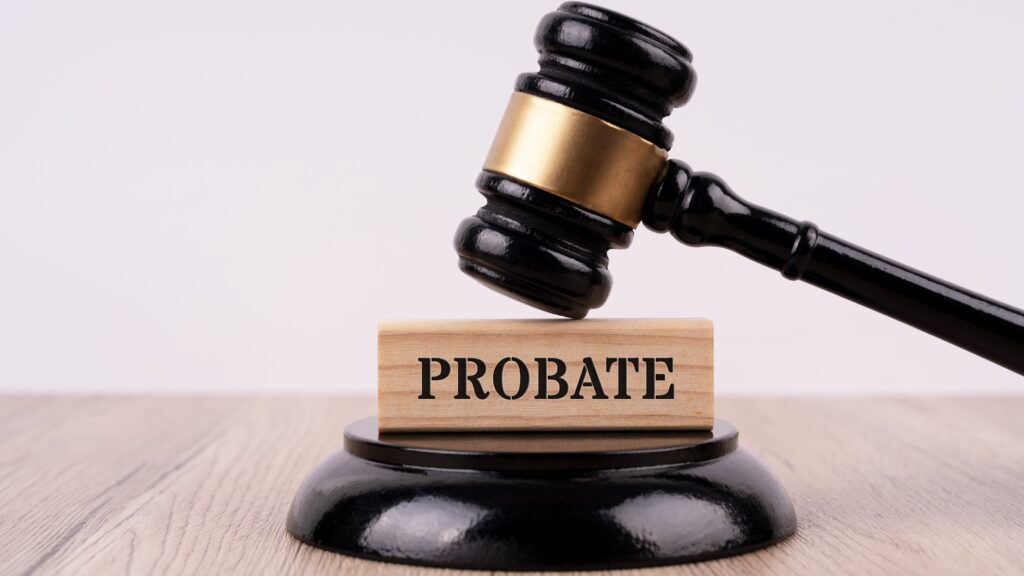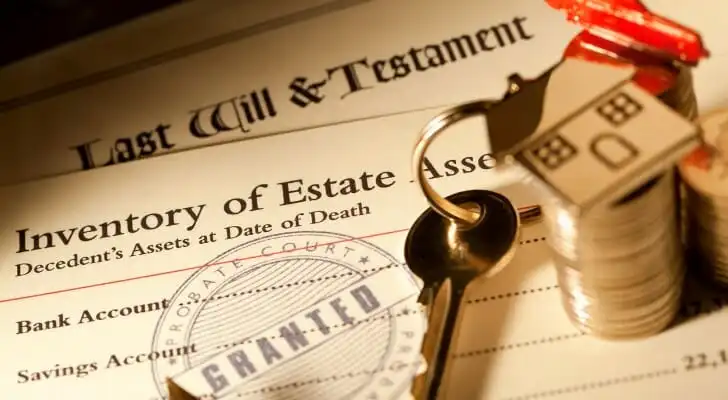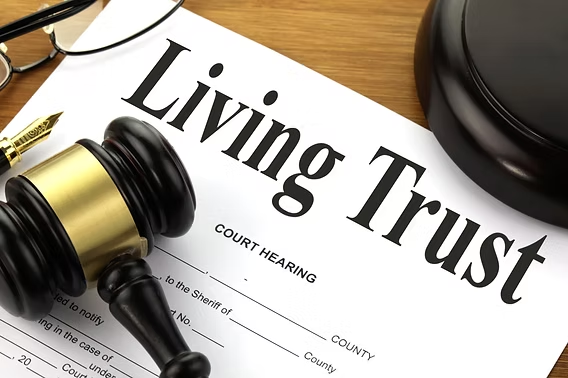If you’re searching for how to contest wrong info in a Texas probate case, you’re probably dealing with a confusing and stressful situation. Maybe a will was filed that contains inaccuracies, or perhaps the executor has misrepresented facts about the estate or beneficiaries. In any case, understanding your legal rights to contest wrong info in a Texas probate case is critical—and the sooner, the better.
This article explores the legal framework and practical strategies for contesting inaccurate information in Texasprobate court. We’ll walk through the legal standards, timelines, and courtroom procedures with the help of real-life examples. We’ll also break it down into clear steps, making it easier for family members and beneficiaries to assert their rights with confidence.

Why Contesting Wrong Information in Probate Matters
Probate is the court-supervised process of distributing someone’s estate after they pass away. But things don’t always go smoothly. When misinformation—whether intentional or accidental—ends up in the record, it can dramatically affect heirs, property rights, and the validity of a will. These inaccuracies, if left unchallenged, can permanently alter the rightful outcome of the estate and leave loved ones without the inheritance they deserve.
Examples of Wrong Info in Probate
- A will lists incorrect beneficiaries
- The executor reports the wrong value of estate assets
- Omitted bank accounts orreal estate
- Misrepresented debts or creditor claims
- Inaccurate heirship affidavits
- Failure to notify rightful heirs
If left unchallenged, this wrong information can become final. That’s why Texas law allows you to contest wrong info in a Texas probate case—but you must do it within specific time limits and legal procedures.
Real-Life Example: How a Family Lost Their Inheritance
Let’s talk about the Alvarez family from San Antonio. After the passing of their grandmother, a will surfaced naming only one grandchild as the beneficiary. That will had been signed six months before her death—after a sudden stroke left her unable to speak clearly.
The probate court initially accepted the will as valid, but a closer look revealed she had been under guardianship and heavily medicated at the time. The other grandchildren filed to contest the will, arguing that the wrong information about her capacity was provided to the court.
After a six-month legal battle, the court ruled that the will was invalid due to undue influence and lack of testamentary capacity. All the rightful heirs ended up receiving a share of the estate. This case shows how crucial it is to contest wrong info in a Texas probate case before it’s too late.
Legal Grounds to Contest Wrong Info in Texas Probate Court
The Texas Estates Code provides several legal grounds to challenge information or documents filed in probate. These challenges may be made by interested persons—typically defined as heirs, devisees, spouses, creditors, or anyone with a property right or claim against the estate.
1. Fraud or Misrepresentation
If someone lies to the court, such as falsely claiming that a will is the last valid will or hiding assets, that’s fraud. Texas probate courts take this very seriously.

2. Lack of Mental Capacity
If a decedent signed a will or made asset transfers while lacking legal mental capacity, those actions can be contested.
3. Undue Influence
This happens when someone manipulates the decedent into making decisions they wouldn’t otherwise make, like changing a will or beneficiary designation.
4. Forged or Invalid Documents
Forgery or improperly executed documents are legal grounds to challenge probate filings.
5. Omitted or Misstated Information in Inventory
Executors must file an inventory of all estate assets. If assets are intentionally left off or misvalued, beneficiaries can challenge it.
How to Contest Wrong Info in a Texas Probate Case
Knowing you can contest wrong info in a Texas probate case is one thing—doing it properly is another. Here’s a practical step-by-step guide to challenge misinformation effectively.
Step 1: Gather Evidence
You can’t rely on assumptions. Courts need evidence. This might include:
- Medical records (for capacity disputes)
- Witness testimony
- Previous versions of a will
- Financial records showing omitted assets
- Emails or texts that suggest manipulation
Start organizing everything that supports your side of the story. The stronger your proof, the better your chance of success.
Step 2: File a Formal Objection
In Texas, contesting probate requires filing a formal objection with the court. Depending on the issue, this could be a will contest, a motion to remove the executor, or a petition to correct the inventory. The filing must clearly state the nature of the objection and include any supporting documents or facts relevant to the case.
Timing matters. If you wait too long, the court may consider the issue waived or finalized. For example, you generally have two years from the time a will is admitted to probate to file a contest—though some exceptions apply. Acting swiftly preserves your right to challenge and prevents irreversible decisions from being made.
Step 3: Attend Hearings and Mediation
Most probate contests involve one or more court hearings. The judge may also refer the parties to mediation to resolve the dispute without a trial.
Having legal representation at this stage is highly recommended. You’ll need to argue your position, present evidence, and possibly question witnesses.
Step 4: Request Court Orders to Amend or Revoke
If successful, the court can take several actions:
- Revoke a will that was fraudulently filed
- Amend or strike inventory listings
- Remove or replace the executor
- Re-distribute estate assets
The goal is to correct the record and ensure a fair distribution of the estate.
Contesting the Executor’s Actions
Sometimes the problem isn’t the will—it’s the executor. If an executor is mismanaging the estate, failing to notify beneficiaries, or hiding assets, you can challenge their conduct in court.
Grounds for Removal of an Executor in Texas
- Conflict of interest
- Breach of fiduciary duty
- Incompetence or dishonesty
- Failing to comply with court orders
To contest wrong info in a Texas probate case involving the executor, you may file a motion to remove executor under Texas Estates Code §404.0035.
Heirship Disputes: What If You’re Left Out?
Let’s say someone dies without a will (intestate), and you’re told you’re not entitled to inherit. You may have legal standing to file a proceeding to determine heirship under Texas Estates Code Chapter 202.
Wrong information in these filings—like excluding children, misrepresenting relationships, or submitting false affidavits—can be challenged.
In one real case out of Harris County, a man was left off the heirship list because his half-siblings claimed he was adopted out of the family. He presented DNA evidence and school records proving otherwise, and the court corrected the filing to include him as a rightful heir.
What Happens If the Court Rules in Your Favor?
If your contest is successful, the court can:
- Invalidate a fraudulent or outdated will
- Remove dishonest executors
- Update the public record with corrected information
- Re-distribute assets more fairly

In many cases, your actions help protect not only your own rights but also those of other family members who might not have known they were being misled.
Can You Represent Yourself?
Yes, under Texas law, you can represent yourself in probate proceedings. But probate law is complex, and representing yourself comes with risks—especially when contesting information.
Hiring a probate attorney who understands Texas law increases your chances of success. An experienced lawyer can help you:
- Meet legal deadlines
- Draft proper motions and pleadings
- Present evidence effectively
- Navigate mediation or trial proceedings
In high-stakes cases, professional guidance can mean the difference between keeping or losing your inheritance.
Common Mistakes to Avoid When Contesting Probate Info
Let’s talk about what not to do when trying to contest wrong info in a Texas probate case:
Waiting Too Long
Time is not your friend. Probate deadlines are strict, and missing them can cost you your right to challenge anything.
Failing to File Formal Objections
Informal complaints to the executor or court clerks don’t count. You need to file official paperwork with the court.
Not Backing Claims with Evidence
Judges need hard proof, not family rumors or personal assumptions.
Ignoring Mediation
If offered, take mediation seriously. It can lead to faster and less costly outcomes.
Not Hiring a Lawyer in Complex Cases
Even if you’re confident, a small error in legal paperwork can derail your entire case. Don’t take that chance if large assets or family relationships are involved.

Final Thoughts: Protecting Your Rights in Probate Court
So, can you contest wrong info in a Texas probate case? Absolutely. But you need to act strategically, file timely objections, and come prepared with evidence. Whether you’re a family member left out of a will, a beneficiary questioning the executor’s honesty, or an heir with proof of misrepresented facts, Texas probate law gives you tools to set the record straight.
Probate court can feel intimidating, especially when misinformation is involved. But you don’t have to go through it alone, and you don’t have to accept things at face value. With the right approach and a willingness to stand your ground, you can challenge falsehoods, protect your family’s legacy, and ensure that justice is served.








